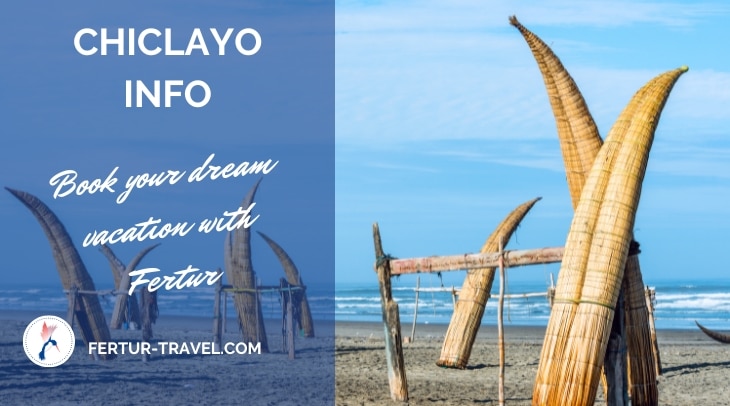
This idyllic colonial city is the capital of the department of Lambayeque, a fertile region that gave rise to the Moche culture, a highly organized, class-based society that dominated Peru’s northern coast for 800 years until about 800 A.D.
Related: The creation legend of the Moche Temple of the Moon
Founded in the 1560s by Spanish priests, Chiclayo is a jumping off point to explore and appreciate some of the most impressive archaeological discoveries Latin America has to offer.
Only 22 miles (35km) away is Huaca Rajada, where archaeologist Walter Alva in 1987 discovered the undisturbed gold and jewel-filled royal burial site of a warrior priest, known as the “Lord of Sipán.” Often called “the Tutankhamen of the Americas,” it is widely considered the richest single archaeological site in the Western Hemisphere.
There, Alva also discovered, the tombs of “El Sacerdote” (The Priest) and the tomb of the “Viejo Señor de Sipan” (Old Lord of Sipán). Chiclayo is also famous for some of the finest Peruvian cuisine, serving up arroz con pato (duck served with rice) and the local variation of cebiche (raw fish marinated in lemon juice).
The city celebrates the festival of Santísima Cruz de Chalpón in February, which falls in summer in the Southern Hemisphere. It is a good time to visit nearby Pimentel, a modern beach resort popular with surfers.
You Might Also Like: The History of Surfing in Peru
Local fishermen there still breast the waves with the caballitos de totora, the pointed reed rafts that have been used along the north coast for thousands of years.